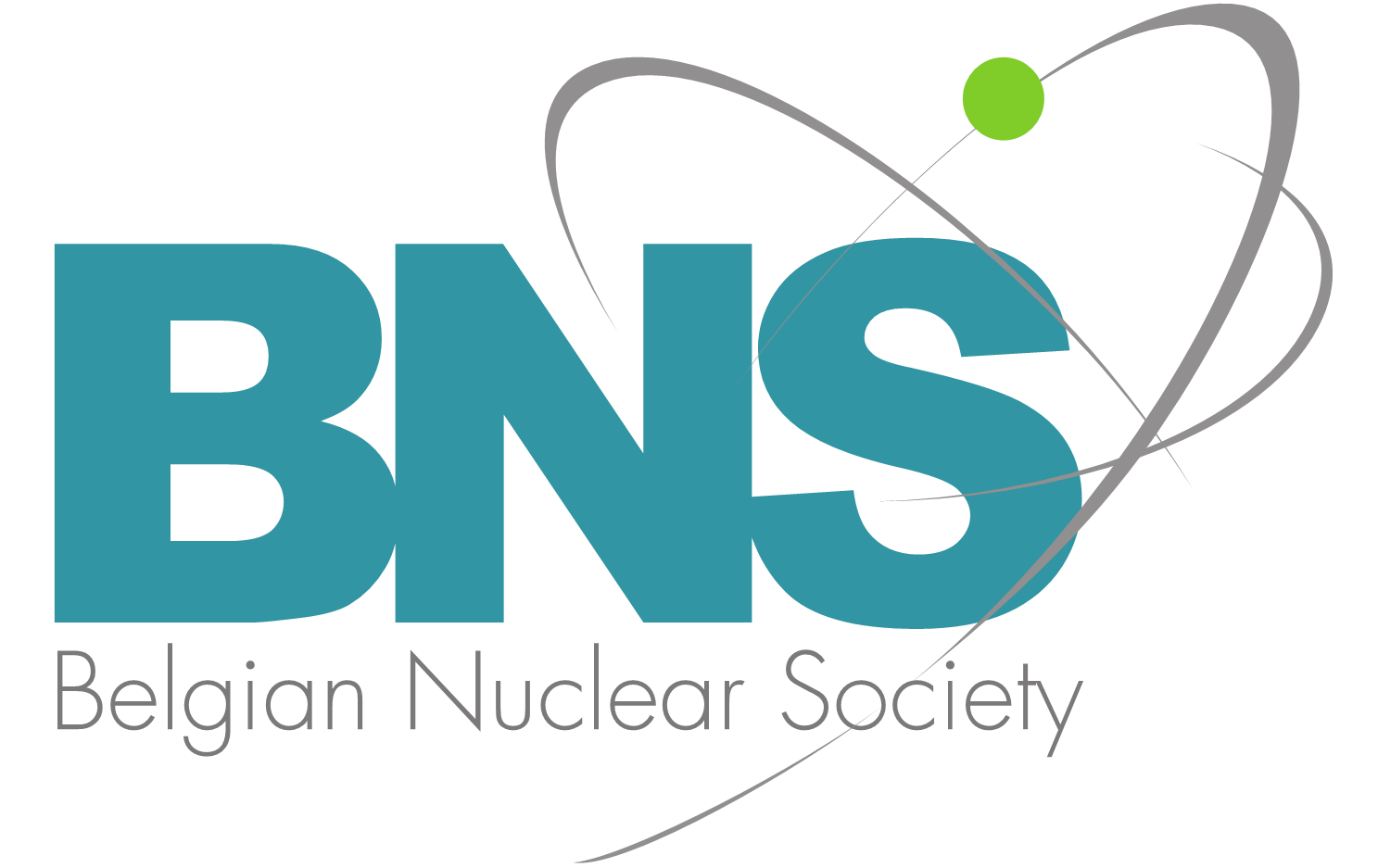Evening Lecture – Vision on nuclear safety in the present context
The vision on nuclear safety has considerably evolved during the last decade. In this presentation we limit ourselves to the European context, with a focus on the Belgian situation. It must be recognised that the Belgian nuclear actors, including the regulator FANC, all face a number of challenges, that will be commented during the presentation:
- Management of ageing facilities: the recent history shows that ageing of specific systems (even the concrete) requires maybe more attention than anticipated in the past;
- Management of the end of the life of facilities: major efforts are to be expected within a number of years. This also will lead to a need of further solutions to optimise the waste issues in a safe way;
- Disposal of ultimate waste and management of spent fuel: at present, safe temporary solutions are being further implemented, but there may be issues in the (very) long term if no further decisions are taken in time;
- Management of the safety of new projects of a varying complexity and degree of innovation, from design to reception (such as MYRRHA at SCK-CEN and SMART at IRE) are based on innovative technologies. Licensing of such innovative, unique facilities is a challenge;
- Societal issues: Societal concern has risen after the Fukushima accident; communication and sharing information has become a point of attention, also with our neighbouring countries. As a regulator, it is a balance between openness and timeliness on the one hand, and adequacy on the other hand;
- Due to the Fukushima events, more stringent safety requirements have been defined internationally. This takes place (at various for a) within the framework of organisations such as: IAEA, OECD/NEA, ENSREG, WENRA. International exchange is a delicate issue that leads to an increase in legislation and guidance, and an increase in legal procedures rather than technical debate;
- The importance of nuclear security has risen during the past decade, and unfortunately may continue to do so in the next years. The safety-security interface and the manageability remain challenges;
- Competence management: the complex context and the uncertainties about the future of the nuclear industry reduce the attractiveness for youngsters to start nuclear studies or a nuclear career. On the other hand, the new projects are an opportunity to attract young people to the nuclear field again, leading to a pool of experienced and skilled people in the medium term. It will be a challenge for all actors, including regulators, to have the right staff with the right expertise over the next decades.
Speaker
-
Frank HardemanDirector General at Federal Agency for Nuclear Control (FANC)
Frank Hardeman has obtained a PhD in sciences (nuclear physics) from KULeuven, and owns extra degrees in nuclear energy and in prevention at work. After his activities as researcher at KULeuven and his military service, he joined the Belgian Nuclear Research Centre SCK-CEN in Mol. He has performed various functions, mainly in the domains of safety, radiation protection research and management. Some fields of expertise are: nuclear measurements, emergency preparedness and response, safety culture, risk perception.
He has been head of the institute for Environment, Health and Safety, Head of the Safety and Health Physics Department, and deputy director general. He has been active as visiting professor (BNEN, UCL, UHasselt), as advisor (Scientific Council IRSN, France; Belgian Health Council; Art. 31 Euratom group of experts), as member of the board or chair of various associations: Melodi, NERIS, European Radioecology Alliance, Belgian Radiation Protection Association.
In 2018, he was appointed as director general of the Federal Agency for Nuclear Control. Linked to this new function, he is member of the Board of the TSO Bel V, and participates to the activities of WENRA and ENSREG.
